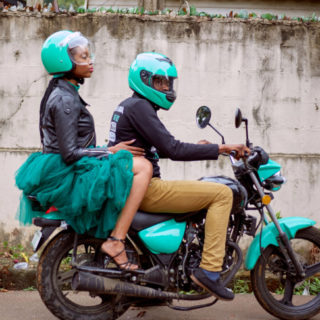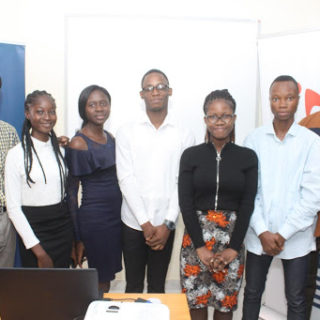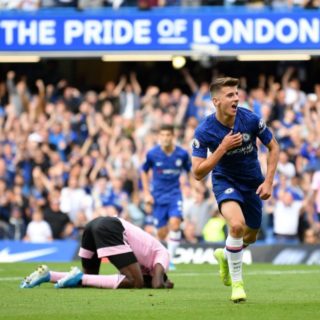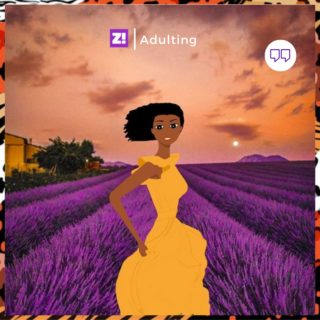One of the many weird things I’ve noticed since adulting first showed up in my life is how I’ve begun to plan my life around holidays.
The period between Christmas and New Year is my equivalent of a beach vacation in Bali; it’s not important that I choose food over a flight to Thailand that I can’t afford. The idea is what matters. That’s why as much as possible, I try to sleep in on Easter Friday.
I didn’t know it when I signed up to be at Gidifest but there was no way that would happen this year. First off, it was that day in April when young people change the climate. Also, for some weird reason, there’s a rumour circulating that I’ve become a homebody.
And as I would later find out, everyone I’ve met in the last three years had connived behind my back to go party on the beach. They didn’t tell me; I’ll assume this is because they think I’m a homebody.
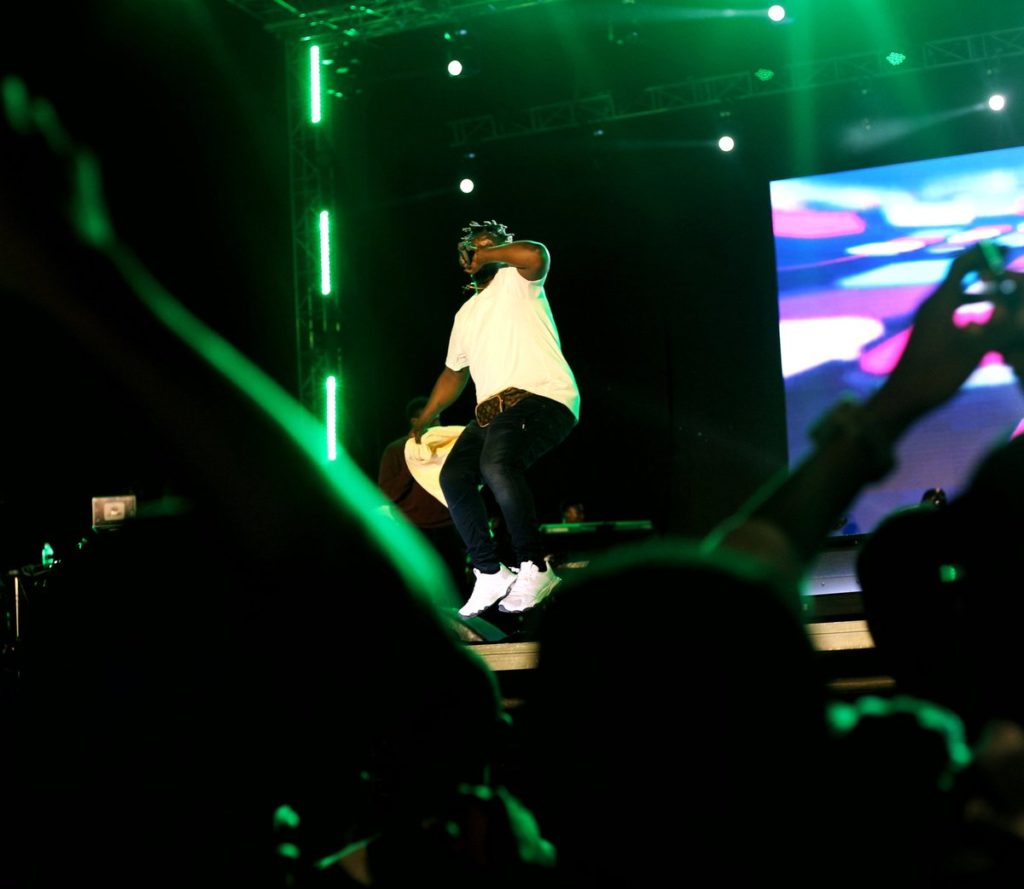
Now, in its fifth year, Gidi Culture Festival, or Gidifest as it will most likely be remembered, has become a de-facto Easter festival; the one you plan the long weekend around like a strong drink on Friday night. Everyone knows December is when Lagos really comes alive. The parties are loud, the concerts are packed but it also leaves the rest of the year scanty. That’s why in the last few years, a new set of holiday events have popped up.
Two years after they brought us Diplo in sheets of Lagos rain, the annual half-day long event now has two stages of music, a walkway of grills and the gloriously gleamy pasta I had in 2018. I was going to eat that pasta again, a
“What are you doing this Easter? Are you going to Gidifest?”
“Yes”
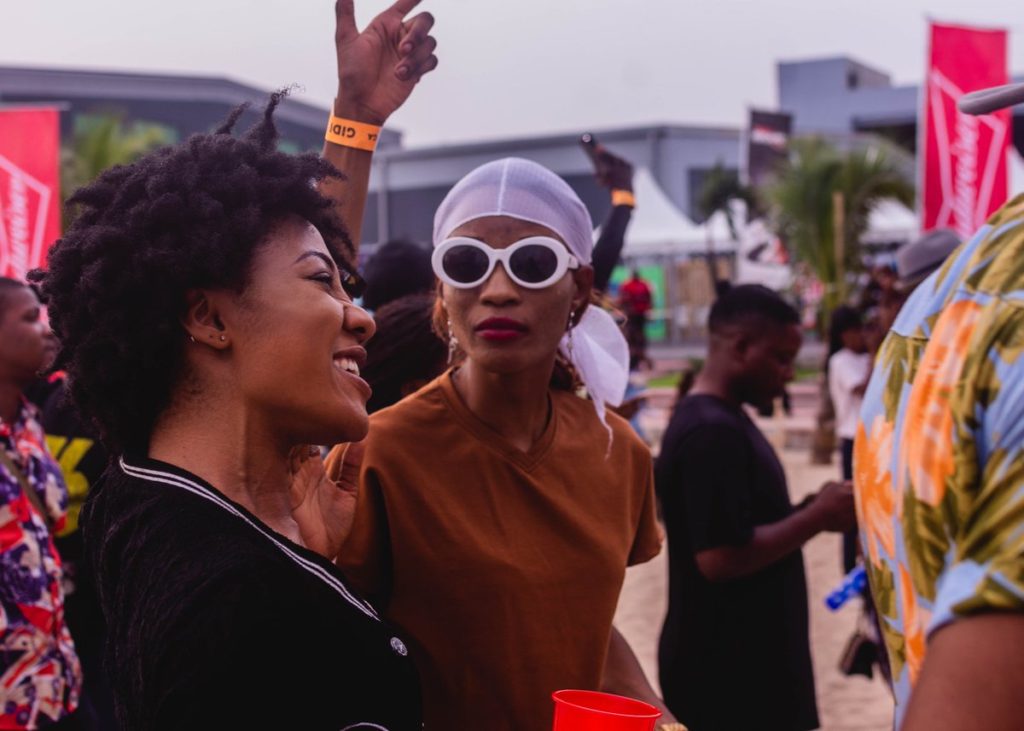
So was everyone else. in Lagos, apparently. I ‘stumbled’ on the first person I knew at the door; an artist manager who I’ve had a lot of business with these past few weeks. He wasn’t happy to see me. I didn’t really want to see him either. The next person I recognised was standing at the gate, holding his arms for a hug that I didn’t think was necessary. The third guy – a friend from my nightcrawling days, walked me through the event, offered me a drink and then drank all of it while we were talking.
But by then, I didn’t really mind. People can be cumbersome, but when you’re standing in the sand after a few odd cans of beer, three suddenly doesn’t feel like a crowd. It was at that moment that I realised the problem was not them, but me. I’d become a 20-something-year-old homebody.,
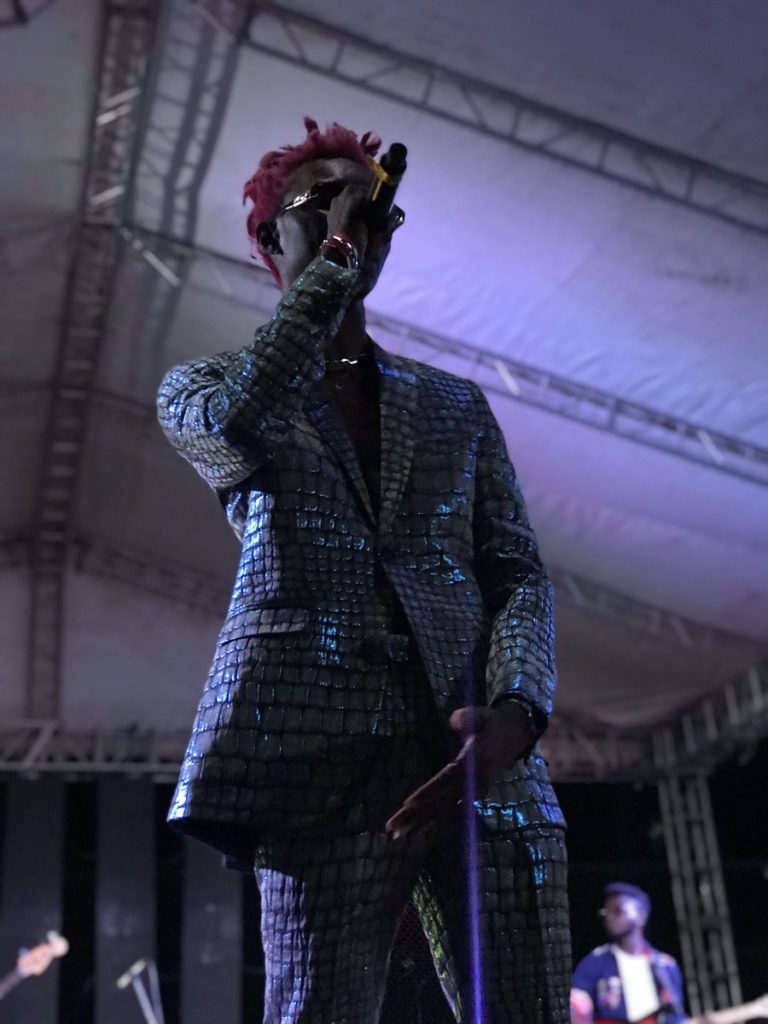
Right now, nothing defines the exuberance of a Lagos party like its underground music scene, defined primarily as alte, but encompassing everything from Instagram jesters to cross-dressing multi-hyphenates.
See, around 2016, a new movement of rebellious young creatives began to grab attention with a brand of retro-styled alternative music and urban street fashion. The prevailing question at the time was whether or not they had what it took to hold their own.
On the Gidifest next-gen stage, in the space of thirty odd music, we got music from a comedic wordsmith who learned his craft in Nsukka, a British-schooled trapper and a hyperactive former battle rapper by the name Blaqbonez.
Seeing artists like Dami Oniru and Nonso Amadi was not the definitive answer that the new wave is here, but it provided proof that progress has been made. So much had happened outside my Batcave.
In all fairness to the next gen artistes, the party took on a different life when the main stage opened with bright lights that seemed to emphasise the grandiosity of the entire thing. Moonchild Sanelly was the master key. African women are beautiful, man. And yes, maybe we need reminders in this harsh cold world but when they come in the shapes of a Gqom queen from South Africa, it’s the worth the message.
From there on, Lagos showed out as much as it could. It wasn’t, to be fair, the endless roll-call of A-listers and their pet projects you come to expect in December. But in the selected stars who performed, there were special moments. A tale of two sisters particularly made my night.

Teni is in the form of her life, and forgive the soccer reference but when an artist defies stereotypes with wins on wins, you see a gifted athlete in the arena more than anything else. Makanaki has
Niniola came on soon after; the older sister more known for house music than her sister’s odes to popular folk songs. Somehow Nini’s performance mirrored her sister’s perfectly down to the covers of old songs. It felt a lot like Teni’s second chance to try out those covers, which would be fitting because it would have been the response she hoped for.
Gidifest served a reminder that our faves need to get better on stage. And that’s alright. Experience may have been the main difference between one sister’s night and the other. But there’s time. Practice makes perfect and all that. One of the few things no-one tells you about going out in Lagos is that no two days are ever quite the same, and some days and nights, ask more of you than others. You have to learn to always be ready.
I think that’s why it’s important that I went out this Easter; sometimes you need to walk 6000 steps while looking for your friends who are blasted out of their minds on 4/20, lose your voice screaming at Moonchild Sanelly and eat too many sides to remember what a good time feels like. And when you’re in a constant battle with adulthood, like someone I know, these reminders are more important than you’d expect.
I really need to go out more.

